Bank of England faces first ever Threadneedle Street strike
Union members vote for four-day walkout over one per cent pay rise
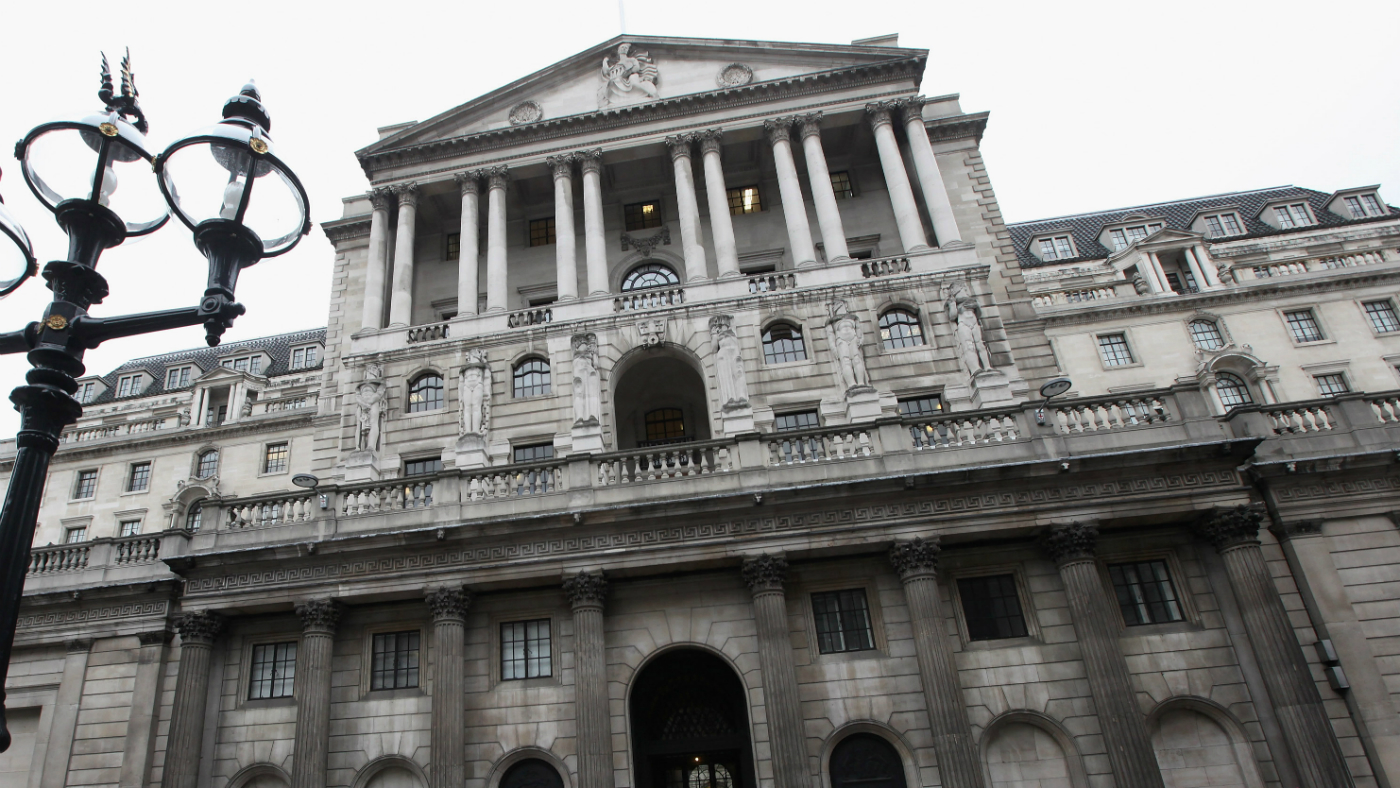
A free daily email with the biggest news stories of the day – and the best features from TheWeek.com
You are now subscribed
Your newsletter sign-up was successful
Bank of England staff at its head office in Threadneedle Street are to strike for the first time in the institution's 323-year history, says The Guardian.
The Unite union said that 95 per cent of balloted staff working in areas such as security, hospitality and maintenance had voted for a four-day walkout starting on 31 July.
These workers, who earn "as little as £20,000" according to the Financial Times, are unhappy that total pay rises across the bank have been capped at one per cent and that a third of staff will not get any rise at all.
The Week
Escape your echo chamber. Get the facts behind the news, plus analysis from multiple perspectives.

Sign up for The Week's Free Newsletters
From our morning news briefing to a weekly Good News Newsletter, get the best of The Week delivered directly to your inbox.
From our morning news briefing to a weekly Good News Newsletter, get the best of The Week delivered directly to your inbox.
Bosses at the bank have the power to set pay rates independently but they have chosen to abide by the public sector pay cap, which is set at one per cent until 2020.
That already-legislated measure has been the subject of mounting controversy and many even within the senior ranks of the Conservative party are pushing for it to be lifted.
Inflation is currently running at 2.9 per cent, meaning public sector and Bank of England workers are facing a fall in the value of their pay.
Unite regional officer Mercedes Sanchez said Bank of England governor Mark Carney should "get his own house in order” and stop turning a “blind eye to what is happening on his own patch".
A free daily email with the biggest news stories of the day – and the best features from TheWeek.com
The union has refused to disclose how many of the 4,000 staff at the central bank would take part in the strike, but it reckons the action would render Threadneedle Street "inoperable".
There has never been a walkout at the iconic head office, with the last strike by central bank staff coming in the late 1960s by staff at its Essex printing plant, says the Guardian.
A spokesperson for the Bank of England denied that the walkout would shut Threadneedle Street and said it has "contingency plans in place" - and pointed out that the strike ballot was of just two per cent of the workforce.
"We will continue to have discussions with Unite and hope that there will be a positive outcome," the spokesperson added.
-
 Jeff Bezos: cutting the legs off The Washington Post
Jeff Bezos: cutting the legs off The Washington PostIn the Spotlight A stalwart of American journalism is a shadow of itself after swingeing cuts by its billionaire owner
-
 5 blacked out cartoons about the Epstein file redactions
5 blacked out cartoons about the Epstein file redactionsCartoons Artists take on hidden identities, a censored presidential seal, and more
-
 How Democrats are turning DOJ lemons into partisan lemonade
How Democrats are turning DOJ lemons into partisan lemonadeTODAY’S BIG QUESTION As the Trump administration continues to try — and fail — at indicting its political enemies, Democratic lawmakers have begun seizing the moment for themselves
-
 The end for central bank independence?
The end for central bank independence?The Explainer Trump’s war on the US Federal Reserve comes at a moment of global weakening in central bank authority
-
 Should Labour break manifesto pledge and raise taxes?
Should Labour break manifesto pledge and raise taxes?Today's Big Question There are ‘powerful’ fiscal arguments for an income tax rise but it could mean ‘game over’ for the government
-
 What are stablecoins, and why is the government so interested in them?
What are stablecoins, and why is the government so interested in them?The Explainer With the government backing calls for the regulation of certain cryptocurrencies, are stablecoins the future?
-
 Will the UK economy bounce back in 2024?
Will the UK economy bounce back in 2024?Today's Big Question Fears of recession follow warning that the West is 'sleepwalking into economic catastrophe'
-
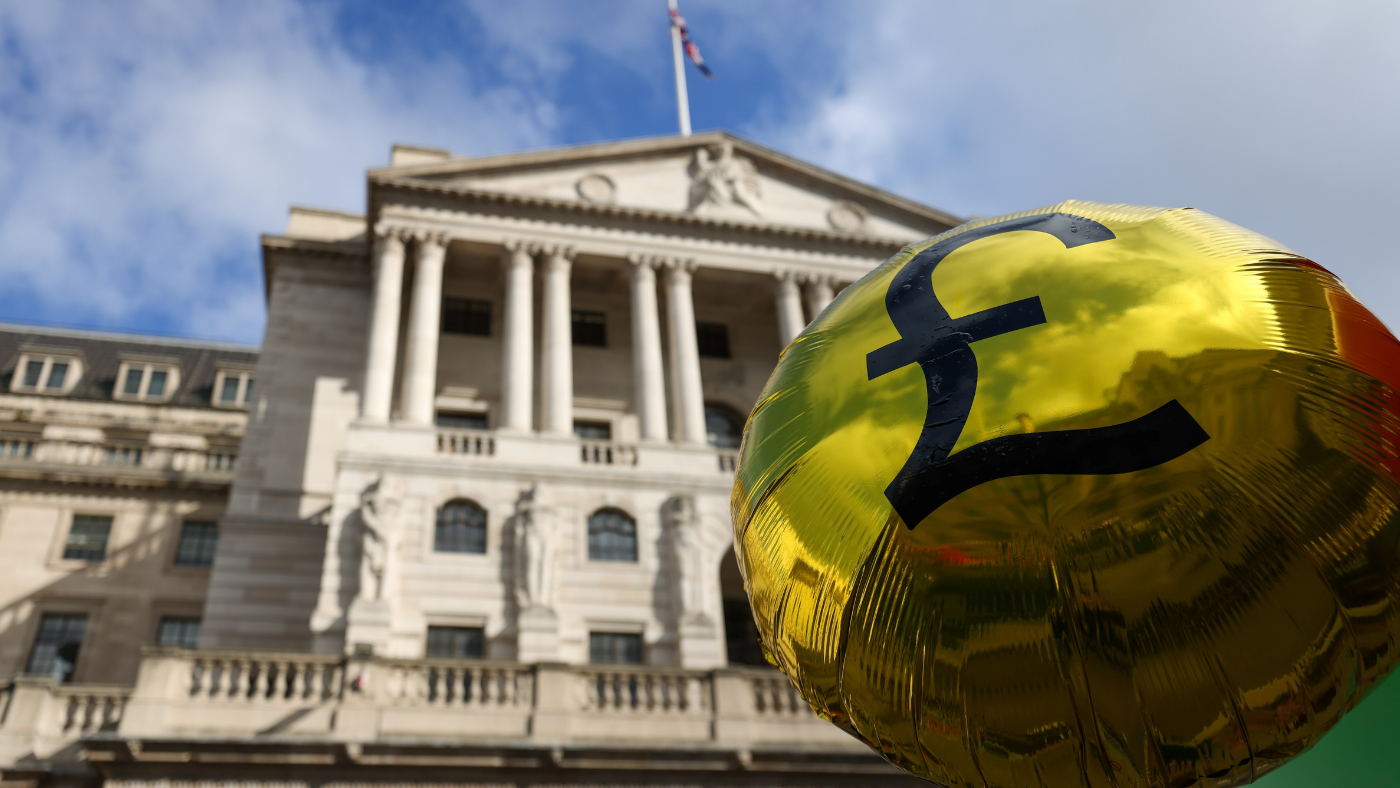 Interest rates rise to 5.25% for first time in 15 years
Interest rates rise to 5.25% for first time in 15 yearsSpeed Read Inflation is slowing but at 7.9% it remains well above the Bank of England’s 2% target
-
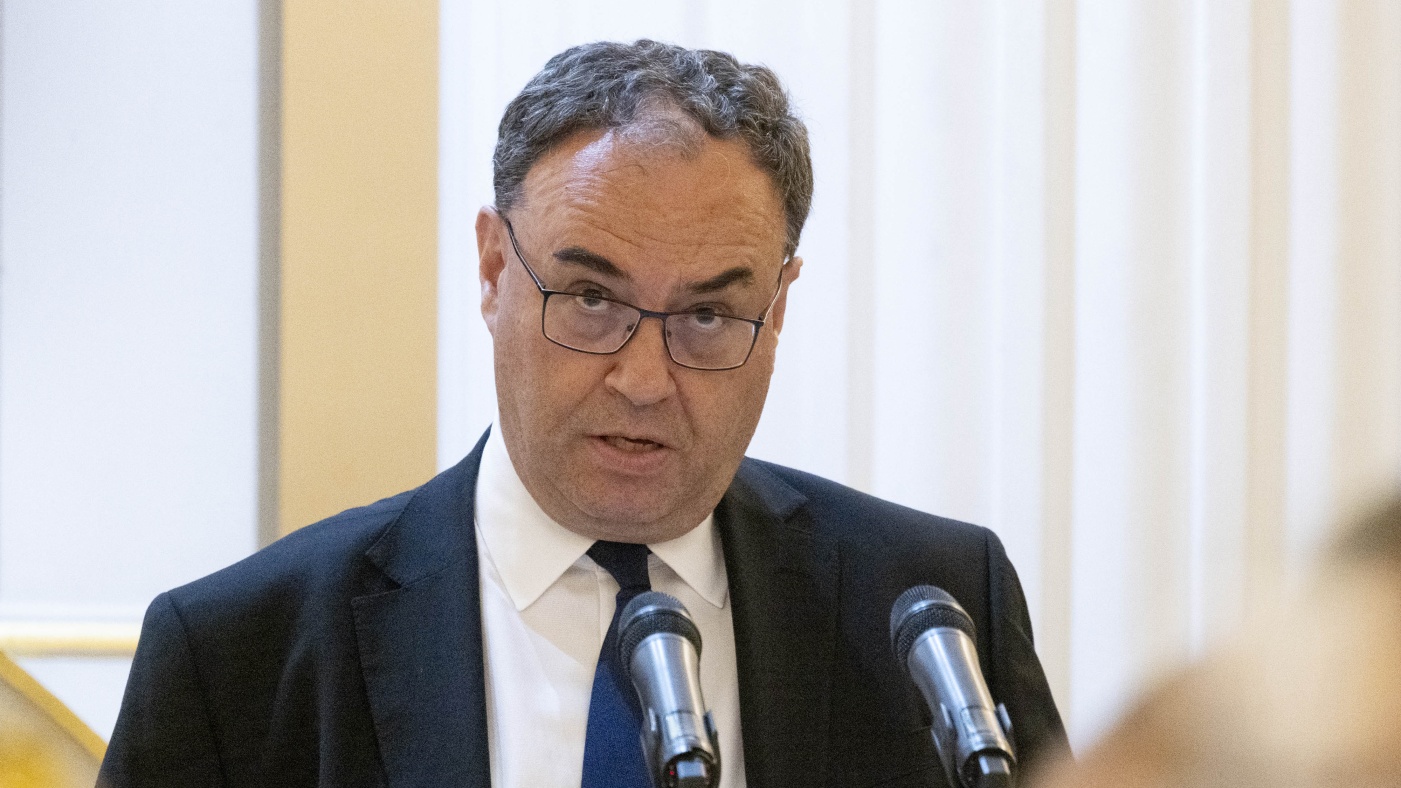 Five options to get the UK back to 2% inflation
Five options to get the UK back to 2% inflationfeature Some economists believe alternatives to raising interest rates are in the country’s best interests
-
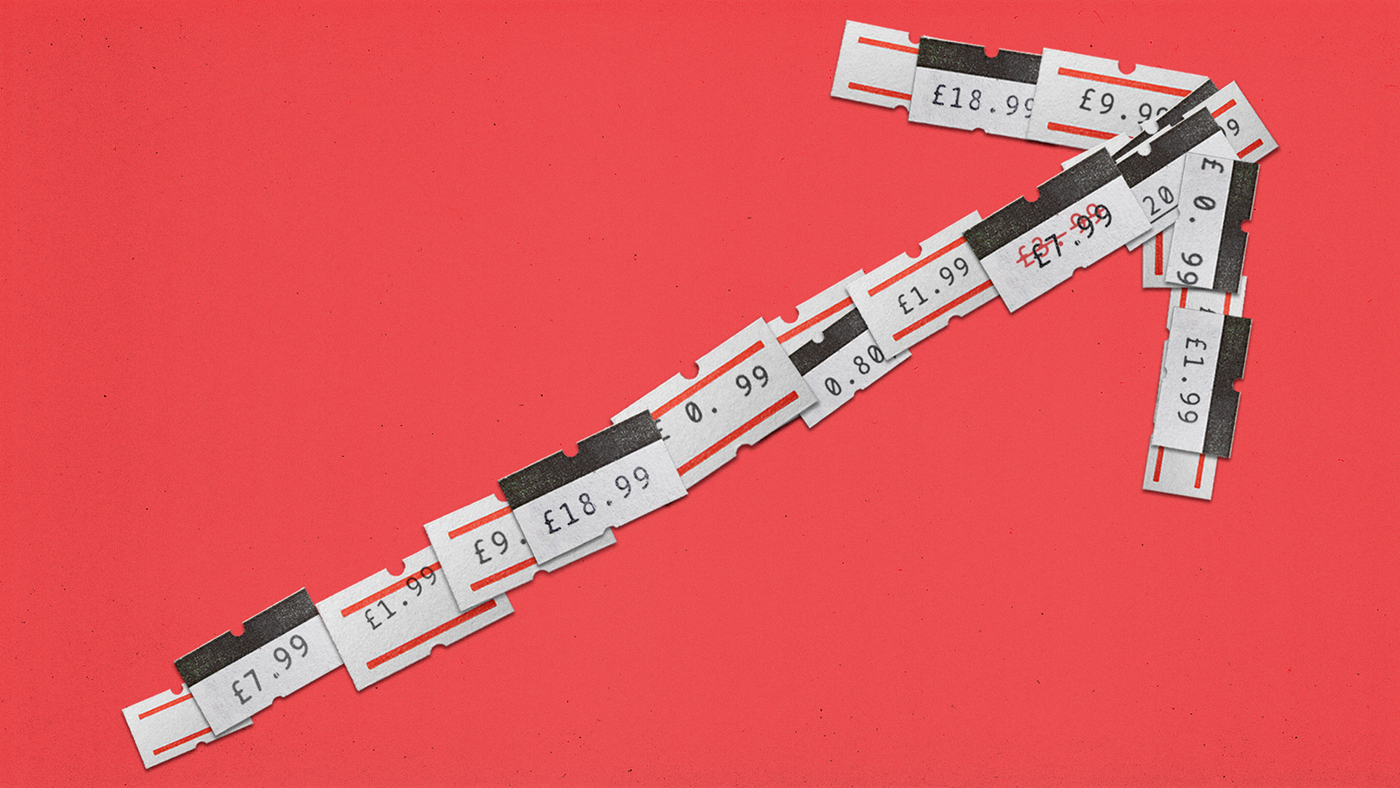 Why aren’t soaring interest rates bringing down inflation?
Why aren’t soaring interest rates bringing down inflation?Today's Big Question PM pins blame for stubborn inflation on fixed-rate mortgages, but economists say the picture is more nuanced
-
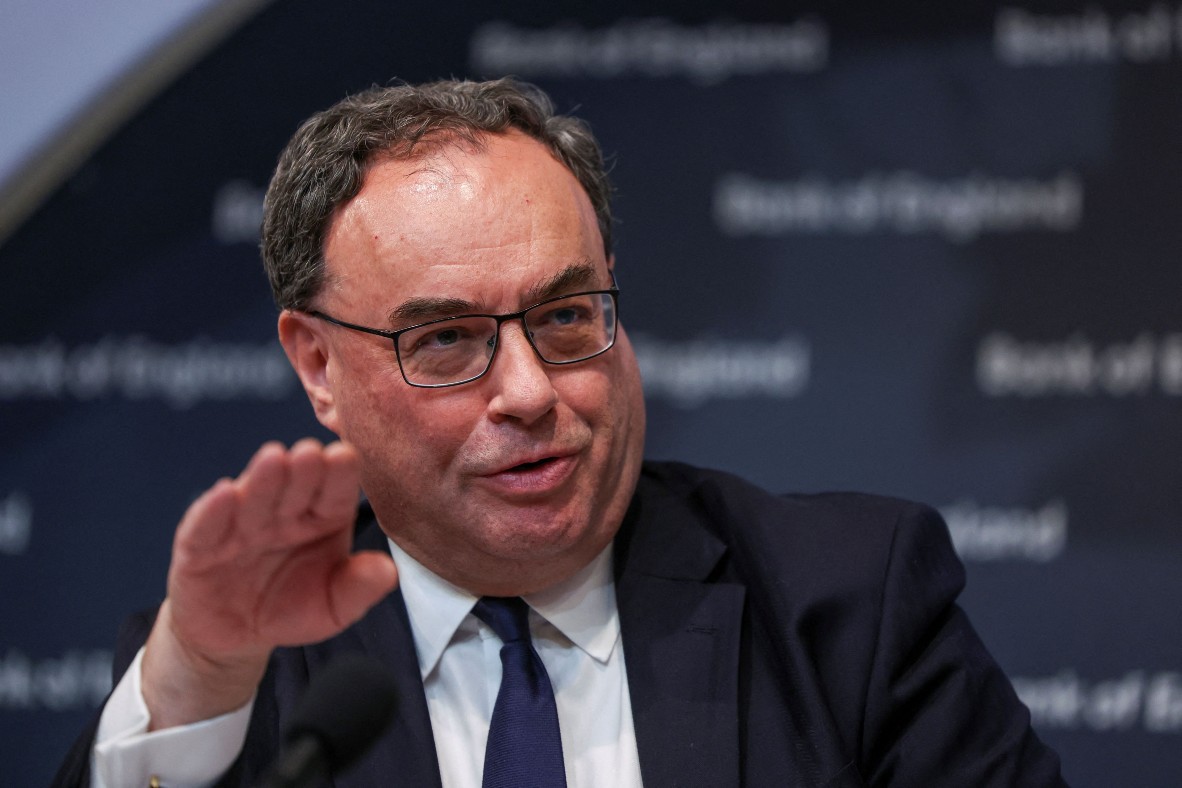 Sticky inflation and sluggish growth: why does UK economy continue to struggle?
Sticky inflation and sluggish growth: why does UK economy continue to struggle?Today's Big Question Food prices, Brexit and the Bank of England have been blamed for poor economic performance